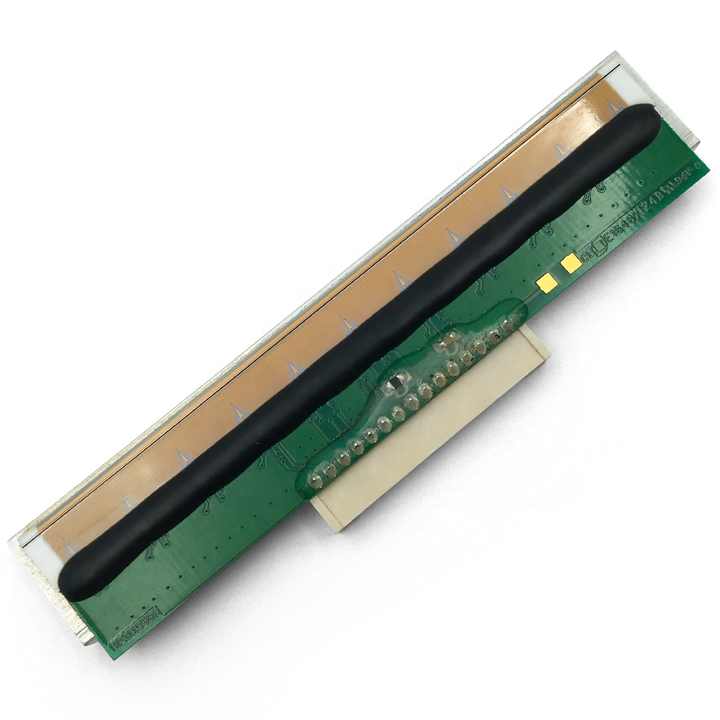types of microcontroller development boards
1. tEXAS iNSTRUMENTS
Texas Instruments (TI) offers a wide range of microcontroller development boards, providing engineers, hobbyists, and developers with powerful tools to prototype, test, and build embedded systems. These development boards are equipped with TI’s advanced microcontrollers (MCUs) and provide an excellent platform for learning, experimentation, and product development.
Popular Texas Instruments Development Boards:
BOOSTXL-DRV8323R:
A motor driver booster pack for the Tiva C Series LaunchPad, enabling developers to design motor control applications such as robotic systems or smart appliances.
MSP430 LaunchPad:
A low-cost, energy-efficient development board for building low-power applications. Ideal for wearables, IoT devices, and battery-powered projects. Supports both hardware and software development tools.
Tiva C Series LaunchPad:
Based on the ARM Cortex-M4 processor, this board is perfect for high-performance applications like motor control, industrial systems, and audio processing. It supports both wired and wireless communication.
SimpleLink CC3200 LaunchPad:
A development board focused on IoT applications, with built-in Wi-Fi and support for cloud connectivity. It’s suitable for smart home projects, remote monitoring, and other connected systems.
SimpleLink CC2650 LaunchPad:
Features Bluetooth Low Energy (BLE) connectivity for wireless communication projects. Perfect for Bluetooth-enabled applications like fitness trackers, home automation, and sensor networks.


2. BANANA PI
Banana Pi is a series of development boards known for their versatility, high-performance features, and open-source community support. These boards, developed by Sinovoip, are ideal for both hobbyists and professional developers working on embedded systems, IoT, robotics, and educational projects. The Banana Pi boards are designed to provide similar capabilities to Raspberry Pi but with expanded options and additional features to meet diverse project needs.
Popular Banana Pi Development Boards:
Banana Pi R64:
Specially designed for router and networking applications, the Banana Pi R64 is equipped with a MediaTek MT7622 processor and supports Wi-Fi 6, Gigabit Ethernet, and multiple WAN/LAN ports, ideal for building network devices and routers.
Banana Pi M2 Zero:
A compact and cost-effective board based on the Allwinner H2+ chip. It’s ideal for lightweight applications such as IoT, home automation, and educational projects.
Banana Pi M2+ and M2 Ultra:
These models are equipped with the Allwinner A20 and A33 chips, offering powerful ARM Cortex-A7 processors. They support HDMI output, multiple USB ports, and enhanced networking capabilities, making them suitable for multimedia and networking projects.
Banana Pi M5:
A more advanced model featuring the Amlogic S905X3 quad-core ARM Cortex-A55 processor. This board supports 4GB RAM, 4K video output, and has fast USB 3.0 ports, making it ideal for high-performance applications like media centers, server systems, and industrial control.


3. ESP DEVELOPMENT BOARD
ESP development boards are widely recognized for their low-cost, high-performance capabilities, especially in the realm of Internet of Things (IoT) applications. These boards are based on the Espressif Systems microcontrollers, such as the ESP8266 and ESP32, which combine Wi-Fi and Bluetooth connectivity with powerful processing capabilities. These features make ESP development boards an ideal choice for wireless and connected projects, whether for hobbyists, educators, or industrial developers.
Popular ESP Development Boards:
ESP32-PICO-KIT:
This board is equipped with a smaller form factor and is ideal for portable or embedded applications that require Wi-Fi and Bluetooth connectivity but have space constraints.ions. Our products ensure sharp, high-resolution prints for diverse industries, making them the go-to choice for all your labeling needs.
ESP8266 NodeMCU:
A popular board that offers an easy-to-use USB interface for programming and integrates the ESP8266 Wi-Fi module. The NodeMCU development board is widely used for basic IoT projects and simple wireless communication tasks.
ESP32 DevKitC:
Based on the more powerful ESP32 microcontroller, this board supports both Wi-Fi and Bluetooth and is perfect for complex IoT applications, wearable devices, and sensor-based projects. It offers more GPIO pins and advanced peripherals compared to the ESP8266.
ESP32-WROOM-32:
A compact development board featuring the ESP32-WROOM-32 module, which includes both Wi-Fi and Bluetooth functionality. This board is widely used in professional and industrial IoT applications, such as home automation, remote monitoring, and wearable health devices.
ESP32-CAM:
A development board with built-in camera and SD card support, designed for applications like image capture, video streaming, and surveillance. The ESP32-CAM is a great choice for building security systems or remote camera projects.

